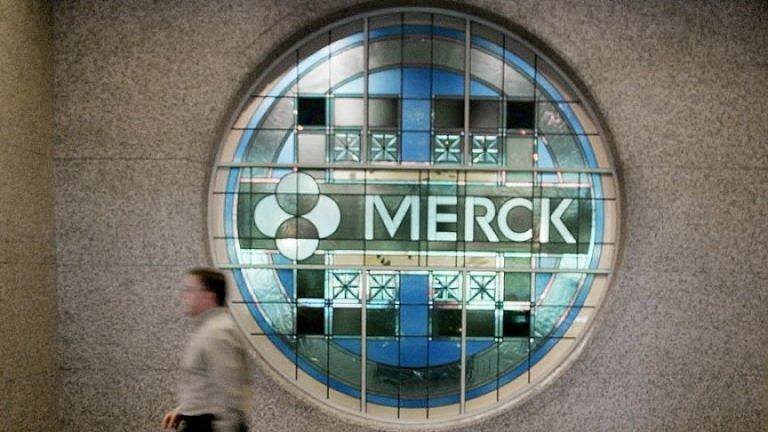
The European Commission has approved KEYTRUDA® (pembrolizumab), an anti-PD-1 therapy from Merck & Co., Inc. (NYSE:MRK). The Committee for Medicinal Products for Human Use (CHMP) ascertained its use as a first-line treatment of metastatic non-small cell lung cancer (NSCLC). This will particularly be beneficial to those adults whose tumors have reached high PD-L1 expression (tumor proportion score [TPS] of 50% or more).
The approval of Keytruda was on the basis of Phase III data, which outlined superior overall survival (OS) and progression-free survival (PFS). It was being compared to chemotherapy, the current standard of care for advanced NSCLC. The data was from KEYNOTE-024, a randomized, open-label, study that evaluated KEYTRUDA monotherapy at a fixed dose of 200 mg. 305 patients whose tumors had a high PD-L1 expression with no EGFR or ALK aberrations took part in the study.
Pembrolizumab is a humanized monoclonal antibody
Keytruda is currently approved in Europe. It works by increasing the ability of the body’s immune system in detection and/or fighting of tumor cells. So how does it operate? It builds obstruction in the interaction of PD-1 and its ligands, PD-L1 and PD-L2. This in return activates T lymphocytes which may impact both tumor cells and healthy cells.
In analyzing its results, chair of the medical oncology department, Hospital Universitario Doce de Octubre, Madrid, Spain, Dr. Luis Paz-Ares commented, “The data demonstrate that KEYTRUDA provided meaningful improvements in survival versus the current standard of care in patients whose tumors express high levels of PD-L1.”
The findings provided further rationale for biomarker testing
The study provided the identification of patients who are likely to benefit the most from treatment with KEYTRUDA. It was found that KEYTRUDA decreased the risk of disease progression or death by 50% compared to chemotherapy. It is administered as an intravenous mixture over 30 minutes every three weeks but for an injection, it is offered in a 100 mg single-use vial.
However, there were adverse reactions with its use, the most common being fatigue at 24%, a rash at 19%, arthralgia at 10% diarrhea and nausea at 12% and 11% respectively. There were also severe infusion-related reactions. Meanwhile, Merck’s stock closed at $61.99 witnessing an increase of $0.56 or 0.91%.




